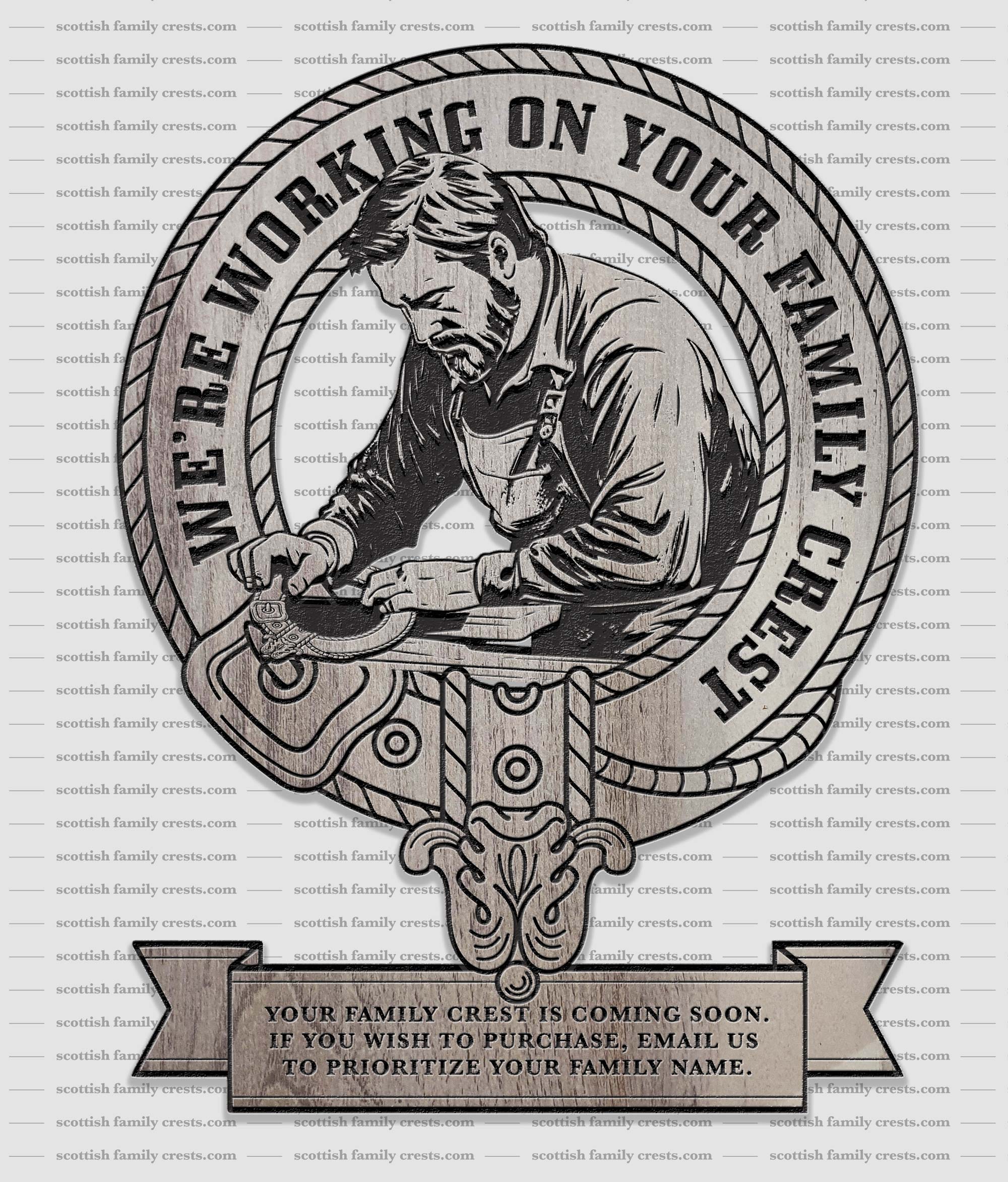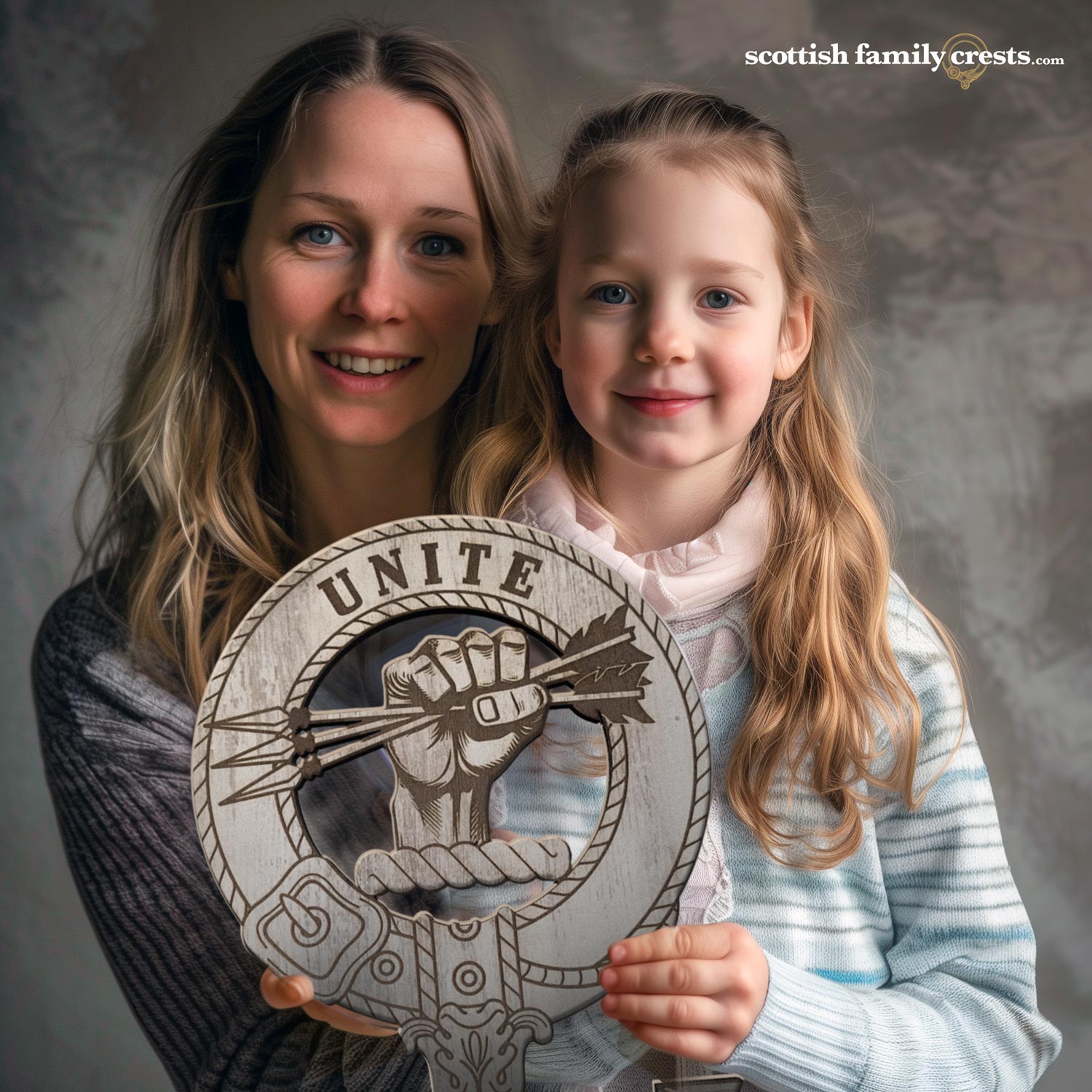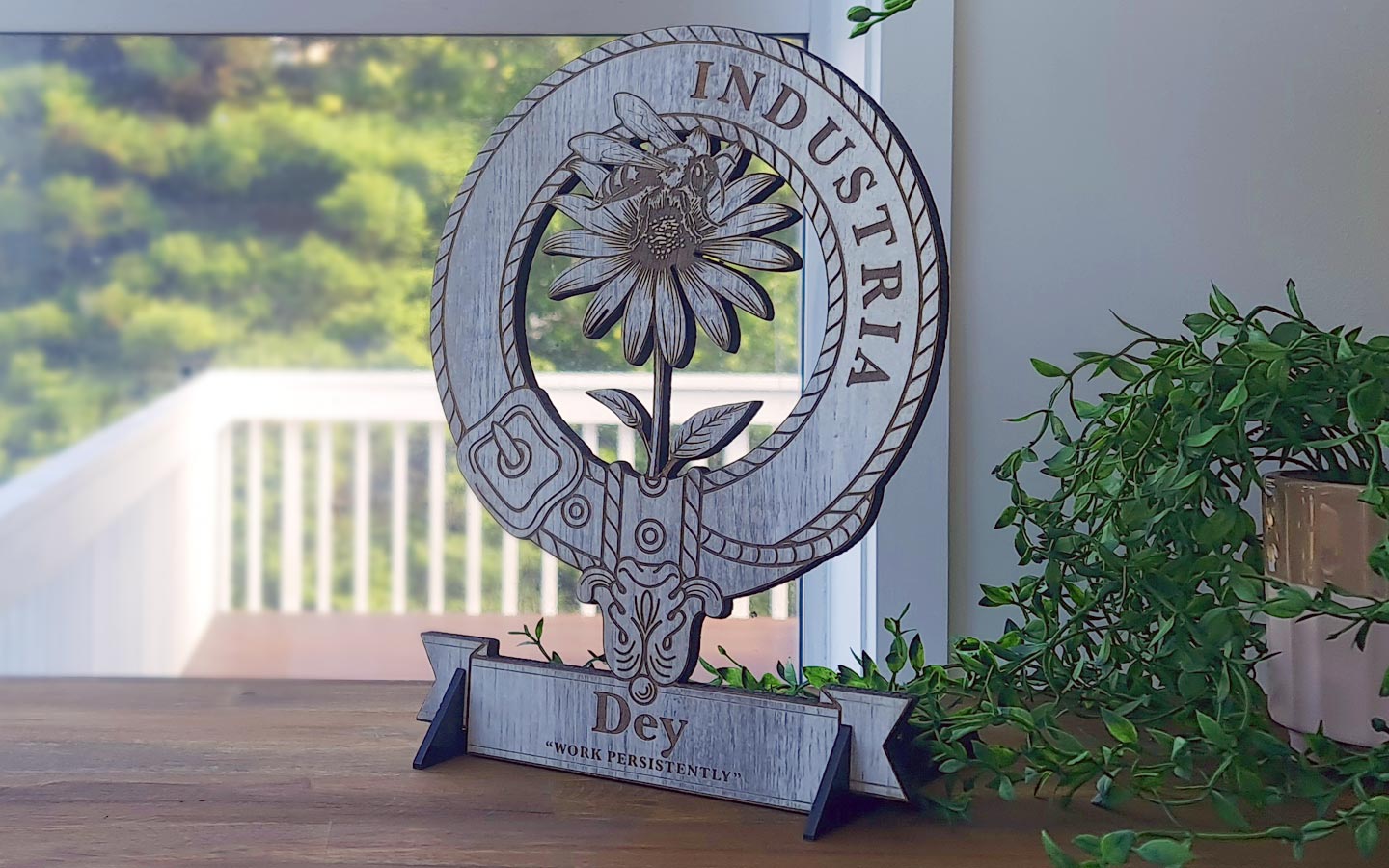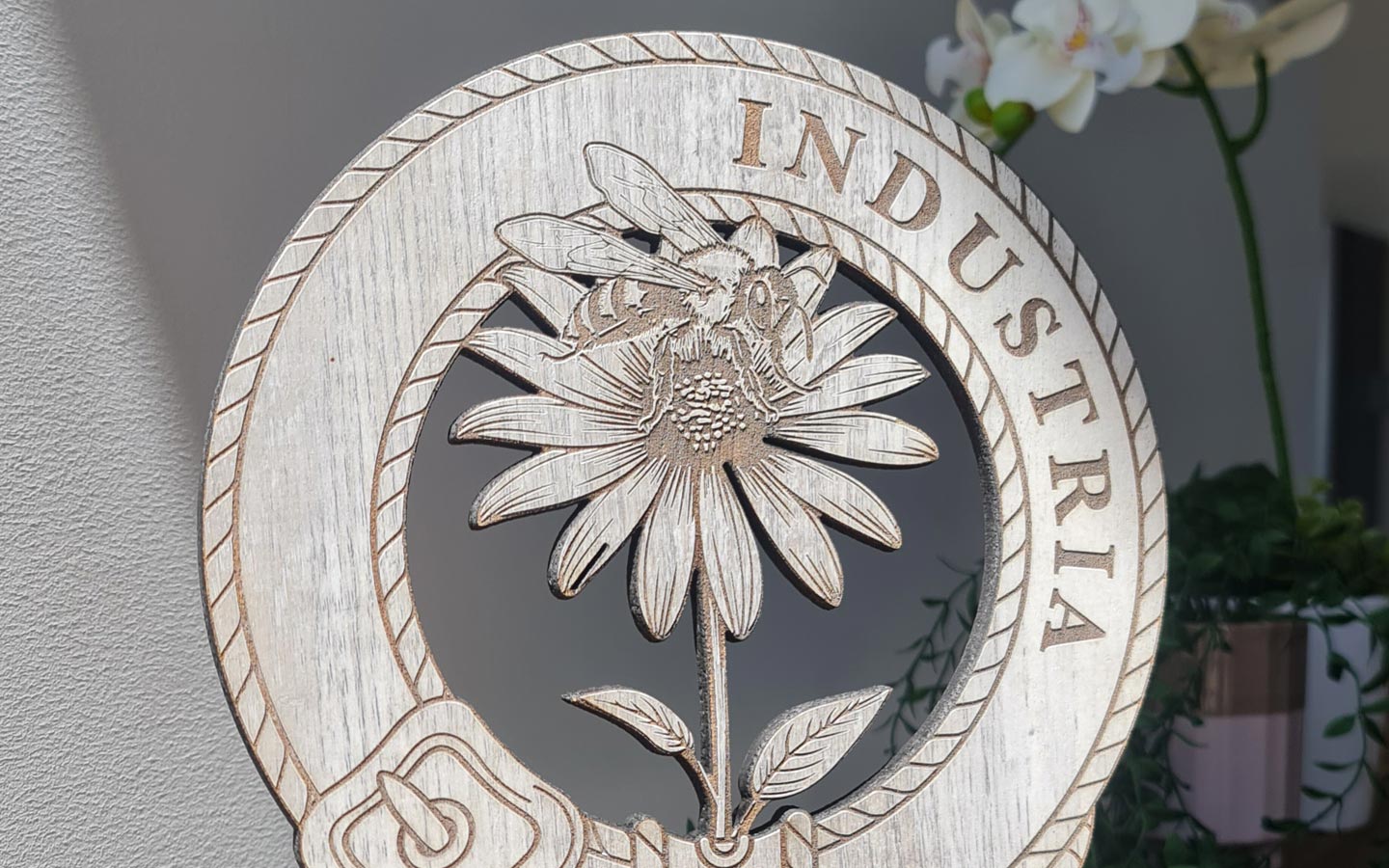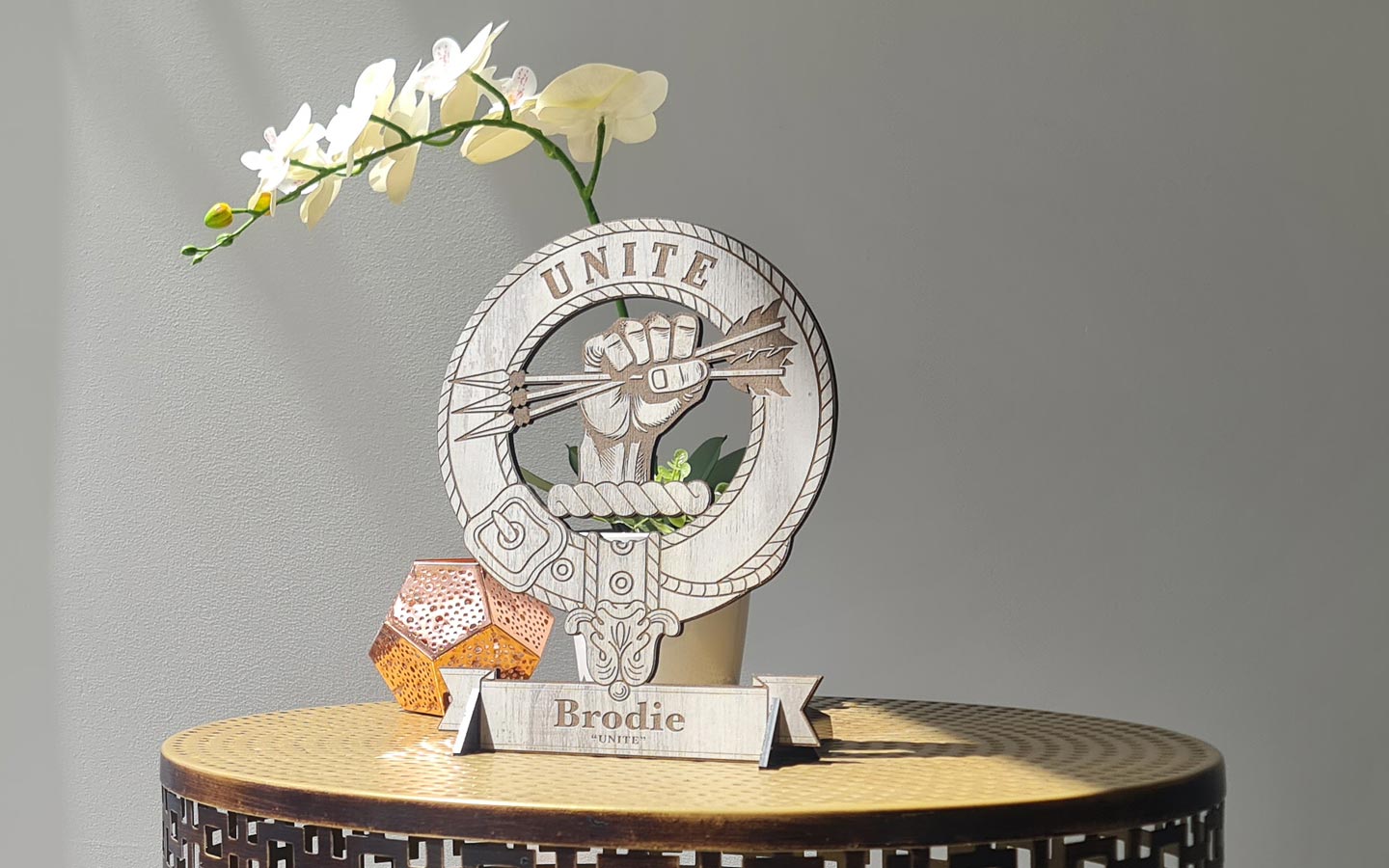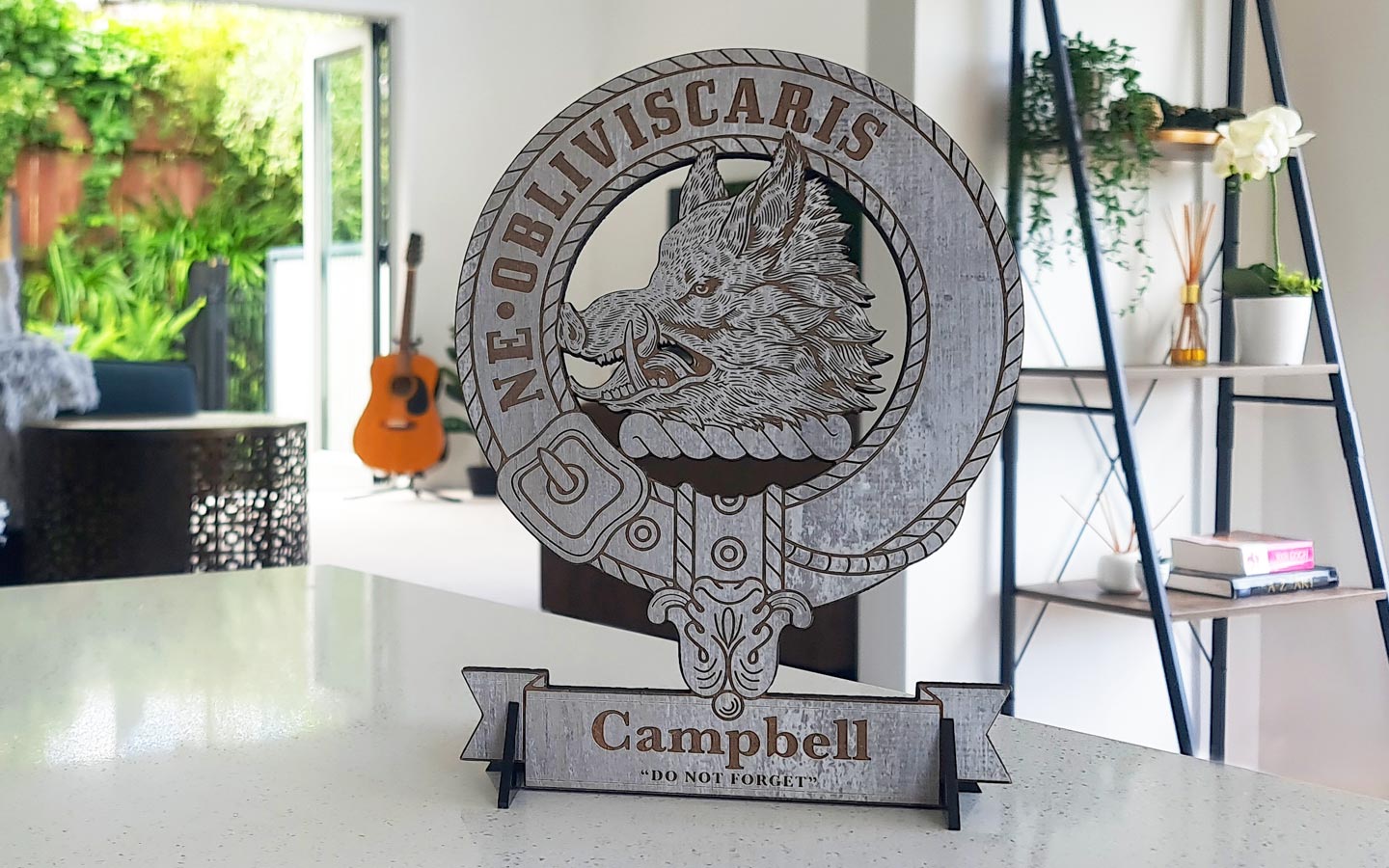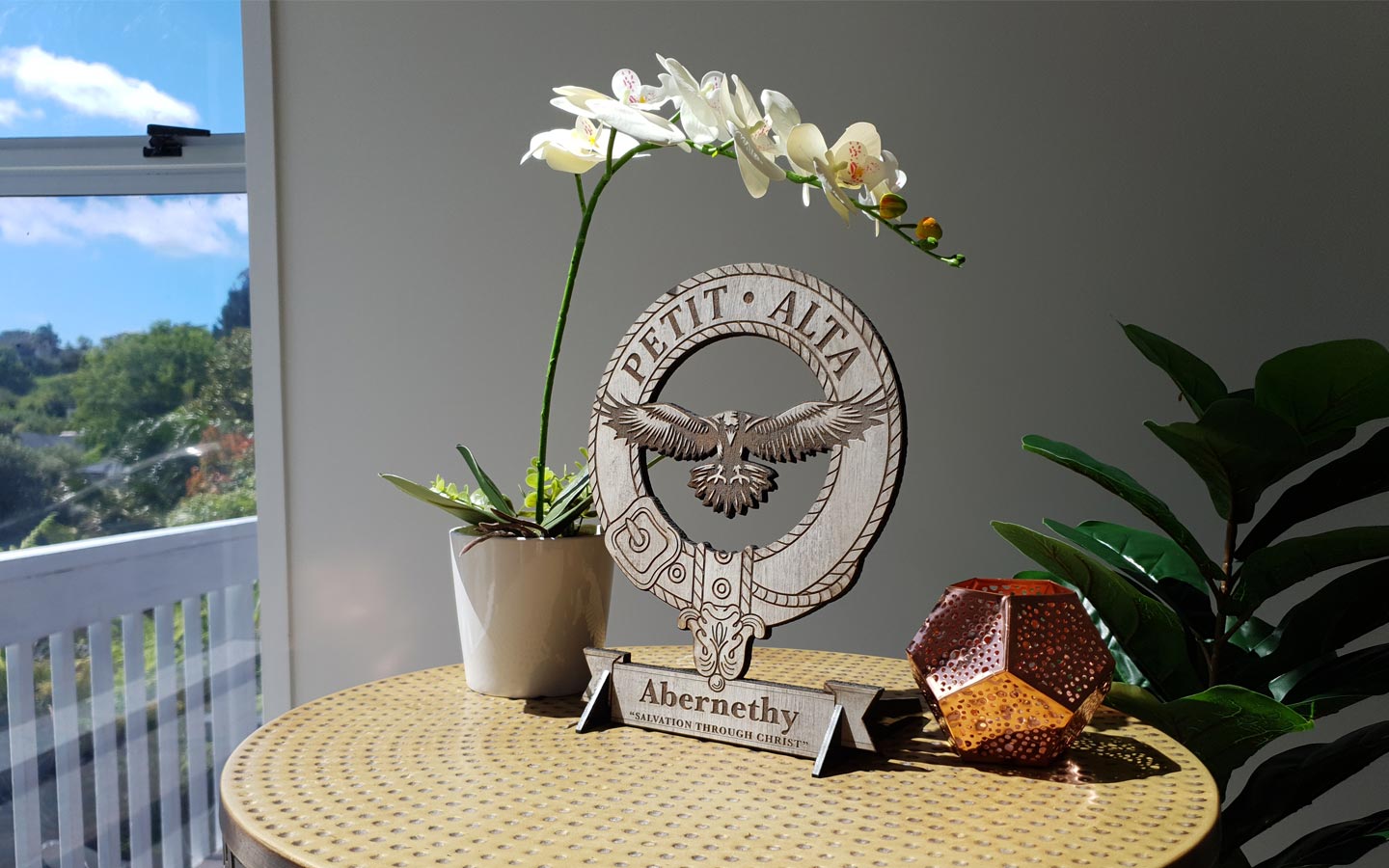The Ainslie Family History & Ancestry
Let me share with you the captivating history of your family name, Ainslie. It is a surname of great antiquity in Scotland, but its origins can be traced back to England even before the time of the Norman Conquest. The name itself is derived from a place outside of Scotland and is potentially connected to Annesley in Nottinghamshire, which derives from the Old English term ‘ansett-leah,’ meaning ‘hermitage-clearing.’ The Saxon lords of Annesley held vast estates, but they fled to Scotland when William the Conqueror’s forces advanced, seeking refuge under the patronage of Malcolm III (d.1093). Your family has a long-standing association with the Border region.
The earliest recorded Scottish Ainslie is William de Ainslie, a canon of Glasgow Cathedral, who witnessed a charter by Walter, Bishop of Glasgow, around 1212. A few years later, in 1221, Thomas de Ainslie, likely a relative of William and also residing in Glasgow, was appointed as one of the mediators to resolve a dispute between the monks of Kelso and the bishopric of Glasgow. Robert de Ainslie, Baron of Dolphinstone, joined his kinsman Patrick, Earl of Dunbar and March, on a crusade to the Holy Land between 1248 and 1254. The family is mentioned twice in the Ragman Roll, a list of those who submitted to Edward I of England in 1296. In the following century, William de Ainslie gained favor with King Robert II. Interestingly, an Ainslie who owned a tavern in Edinburgh unintentionally found himself entangled in the web of court politics during the 1560s. His modest establishment became the backdrop for a significant political maneuver known as ‘the Ainslie Tavern Bond,’ where eight bishops, nine earls, and seven lords entered into an agreement concerning the potential and ill-fated marriage of Mary Queen of Scots to the mentally unstable Earl of Bothwell.
Your family achieved its greatest distinction during the eighteenth century and played an active role in the Scottish Enlightenment. Robert Ainslie (b.1766), a lawyer, became a close friend and confidant of the renowned poet Robert Burns. John Ainslie (1745-1828) was a cartographer who conducted one of the earliest surveys of Scotland. General George Robert Ainslie eventually sold the family estates in Pilton, Edinburgh, and the primary branch of the family relocated to England. Like many noble and gentry families of the nineteenth century, members of the Ainslie family pursued notable military careers. General Charles Philip de Ainslie, for instance, commanded the 93rd Highland Regiment, which became legendary as the ‘Thin Red Line’ during the Battle of Balaclava in 1854. The Ainslie baronetcy, however, was lost under mysterious circumstances upon the death of Sir Robert Sharpe Ainslie in 1858.
The Family Crest
Wherever in the world you live, embrace your family heritage and adorn your home with a timeless symbol of your family legacy with our crafted Family Crests.
Family Crest Motto: GUDE IN NEED
$150.00 Original price was: $150.00.$99.00Current price is: $99.00.
Copyright Notice: This artwork is protected by copyright law. Unauthorized reproduction, distribution, or usage of this artwork without explicit permission from ScottishFamilyCrest.com is strictly prohibited.

